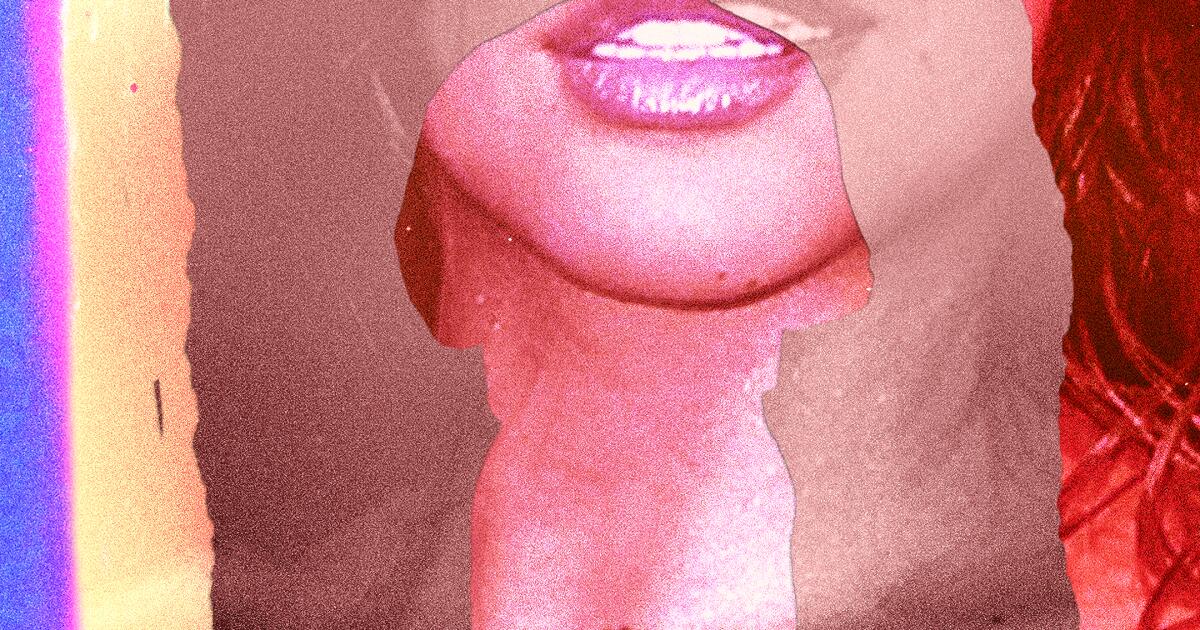Trump commutes sentence of GOP former Rep. George Santos in federal fraud case
WASHINGTON — President Trump said Friday that he had commuted the sentence of former U.S. Rep. George Santos, who is serving more than seven years in federal prison after pleading guilty to fraud and identity theft charges.
Joseph Murray, one of Santos’ lawyers, told the Associated Press late Friday that the former lawmaker was released from the Federal Correctional Institution in Fairton, N.J., around 11 p.m. and was greeted outside the facility by his family.
The New York Republican was sentenced in April after admitting last year to deceiving donors and stealing the identities of 11 people — including his own family members — to make donations to his campaign.
He reported to FCI Fairton on July 25 and was housed in a minimum-security prison camp with fewer than 50 other inmates.
“George Santos was somewhat of a ‘rogue,’ but there are many rogues throughout our Country that aren’t forced to serve seven years in prison,” Trump posted on his social media platform. He said he had “just signed a Commutation, releasing George Santos from prison, IMMEDIATELY.”
“Good luck George, have a great life!” Trump said.
Santos’ account on X, which has been active throughout his roughly 84 days in prison, reposted a screenshot of Trump’s Truth Social post Friday.
During his time behind bars, Santos has been writing regular dispatches in a local newspaper on Long Island, N.Y., in which he mainly complained about the prison conditions.
In his latest letter, he pleaded to Trump directly, citing his fealty to the president’s agenda and to the Republican Party.
“Sir, I appeal to your sense of justice and humanity — the same qualities that have inspired millions of Americans to believe in you,” he wrote in the South Shore Press on Monday. “I humbly ask that you consider the unusual pain and hardship of this environment and allow me the opportunity to return to my family, my friends, and my community.”
Santos’ commutation is Trump’s latest high-profile act of clemency for former Republican politicians since retaking the White House in January.
Like Santos, Trump has been convicted of fraud. He was found guilty last year on 34 felony counts in a case related to paying hush money to a porn actor. He is the only president in U.S. history convicted of a felony.
In granting clemency to Santos, Trump was rewarding a figure who has drawn scorn from within his own party.
After becoming the first openly gay Republican elected to Congress in 2022, Santos served less than a year after it was revealed that he had fabricated much of his life story.
On the campaign trail, Santos had claimed he was a successful business consultant with Wall Street cred and a sizable real estate portfolio. But when his resume came under scrutiny, Santos eventually admitted he had never graduated from Baruch College — or been a standout player on the Manhattan college’s volleyball team, as he had claimed. He had never worked at Citigroup and Goldman Sachs.
He wasn’t even Jewish. Santos insisted he meant he was “Jew-ish” because his mother’s family had a Jewish background, even though he was raised Catholic.
In truth, the then-34-year-old was struggling financially and faced eviction.
Santos was charged in 2023 with stealing from donors and his campaign, fraudulently collecting unemployment benefits and lying to Congress about his wealth.
Within months, he was expelled from the U.S. House of Representatives — with 105 Republicans joining with Democrats to make Santos just the sixth member in the chamber’s history to be ousted by colleagues.
Santos pleaded guilty as he was set to stand trial.
Still, Rep. Marjorie Taylor Greene (R-Ga.) urged the White House to commute Santos’ sentence, saying in a letter sent just days into his prison term that the punishment was “a grave injustice” and a product of judicial overreach.
Greene was among those who cheered the announcement Friday. But Rep. Nick LaLota, a Republican who represents part of Long Island and has been highly critical of Santos, said in a post on social media that Santos “didn’t merely lie” and his crimes “warrant more than a three-month sentence.”
“He should devote the rest of his life to demonstrating remorse and making restitution to those he wronged,” LaLota said.
Santos’ clemency appears to clear not just his prison term, but also any “further fines, restitution, probation, supervised release, or other conditions,” according to a copy of Trump’s order posted on X by Ed Martin, the Justice Department’s pardon attorney.
As part of his guilty plea, Santos had agreed to pay restitution of $373,750 and forfeiture of $205,003.
In explaining his reason for granting Santos clemency, Trump claimed the lies Santos told about himself were no worse than misleading statements U.S. Sen. Richard Blumenthal — a Democrat and frequent critic of the administration —had made about his military record.
Blumenthal apologized 15 years ago for implying that he served in Vietnam, when he was stateside in the Marine Reserve during the war. The senator was never accused of violating any law.
“This is far worse than what George Santos did, and at least Santos had the Courage, Conviction, and Intelligence to ALWAYS VOTE REPUBLICAN!” Trump wrote.
Marcelo writes for the Associated Press. AP writers Michael R. Sisak in New York and Susan Haigh in Connecticut contributed to this report.

